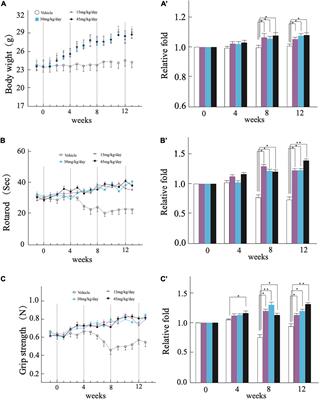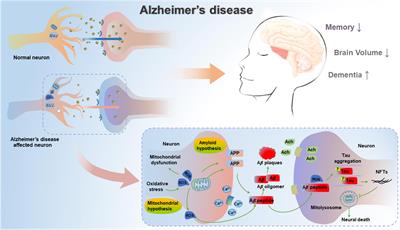EDITORIAL
Published on 04 Oct 2022
Editorial: Mitochondrial and lysosomal dysfunction in neurodegenerative diseases: Molecular mechanisms and therapeutic strategies
doi 10.3389/fnagi.2022.1029440
- 1,159 views
- 1 citation
10k
Total downloads
36k
Total views and downloads
Select the journal/section where you want your idea to be submitted:
EDITORIAL
Published on 04 Oct 2022
ORIGINAL RESEARCH
Published on 02 Jun 2022

BRIEF RESEARCH REPORT
Published on 08 Apr 2022

ORIGINAL RESEARCH
Published on 06 Apr 2022

REVIEW
Published on 23 Mar 2022

ORIGINAL RESEARCH
Published on 15 Nov 2021

REVIEW
Published on 01 Oct 2021

